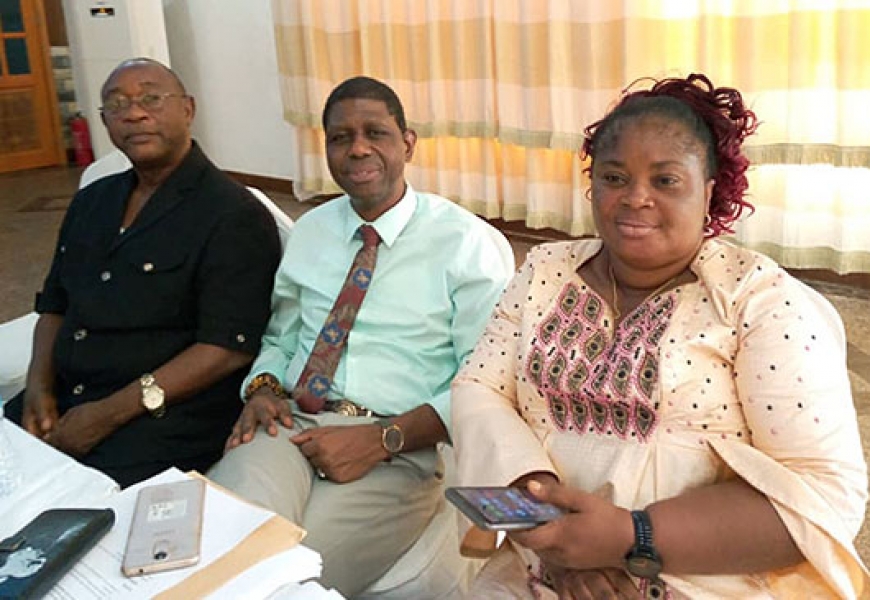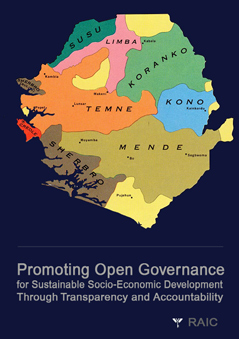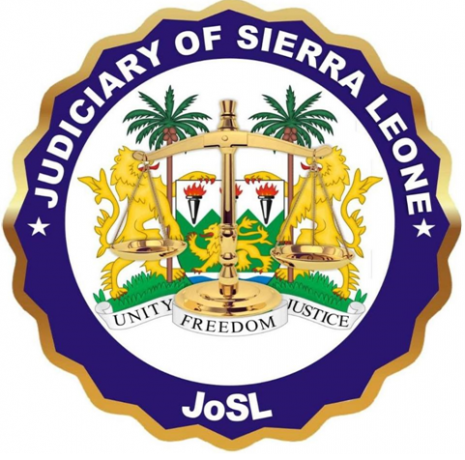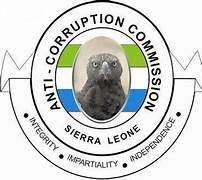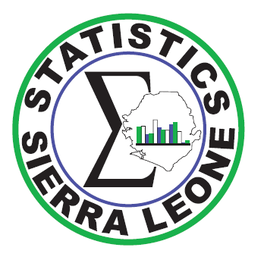The Right to Access Information Commission (RAIC) calls on all public authorities, including businesses and research institutions in the country to document their COVID 19-related decisions and transactions to ensure experiential learning on how to prevent and contain future public health emergencies.
The ability to study the COVID-19 pandemic in order to prevent similar public health emergencies requires the existence of records management services and archives, otherwise records and data would not be generated and captured in ways that would enable their preservation and access, now, or in the future,” Said Dr. Ibrahim Seaga Shaw, Chairman and Information Commissioner of the RAIC.
The Commission emphasizes the need for decision-makers in the public and private sectors to recognize and uphold the value of records management and archives. With this, they can turn the threat of COVID-19 into an opportunity for greater support to documentary heritage.
Entrusted with the statutory responsibility consistent with Sections 27, 28.29 of the Right to Access Information Act 2013 to, among other things, ensure that every public authority record, capture and maintain records of its activities in a manner that facilitates access to information, the Commission makes three calls to action consistent with those made in a joint statement released on Monday 4th May 2020 and signed by 8 international organizations, including the International Conference of Information Commissioners (ICIC), of which RAIC is a member, UNESCO and International Council on archives (ICA). These three calls to Action to all MDAs, Businesses and Research Institutions are as follows:
Documenting Decisions and Transactions
The Commission views that under the circumstance, sound records management is more important than ever given that various institutions on the frontline of the COVID 19 response are taking extraordinary steps to deal with the pandemic. Even though the pandemic is showing the benefits of access to large and small scale data to inform decisions-making, this does not reduce the need to contextualize records nor does it exempt relevant institutions from documenting their data analysis, processing and capturing critical information. It is critical to comprehensively document all decisions made and the senior decision-makers involved in the response, for accountability both during and after the pandemic, and for future generations to be able to learn from these actions. In these current circumstances records may be at risk. Thus, urgent steps should be taken to address recordkeeping.
The Security and Preservation of Records and Data in all Sectors
The duty to document does not only rest with those institutions that receive monies on behalf of the people of Sierra Leone but also with commercial, research and educational institutions.
The impact of the pandemic will be far reaching, and all organizations need to be cognizant of the importance of proper data and records management. Commercial entities will need essential records to be maintained for the continuity of operations, to evidence rights and entitlements, but also to be able to apply for government supports. Research and educational institutions, especially those involved in tracking the disease, must ensure that their records and data are accurate and properly maintained. The existence of proper documentation practice will enable not only business continuity, research and innovation, but also the evidence of how this pandemic was managed for future generations. Archives are the custodians of the Ebola Virus Disease outbreak in 2014 and the Influenza pandemic in 1918 which are being studied by scientists and different stakeholders around the world and these organizations will eventually be the agents for records related to the COVID-19 pandemic.
Evidence of Economic and Societal Impact of COVID 19.
As the economic impact of COVID-19 is felt around the world, it will also be critical to secure, capture and preserve the records of defunct companies and/or private entities. This way, the social, cultural and even economic significance of former undertakings can live on. Also, immediate and accurate response to post COVID 19 needs at all levels in Sierra Leone by building community resilience through social mobilization and adequate service delivery, promotion of participation, civic engagements, social inclusion and other social protection activities will be possible.




